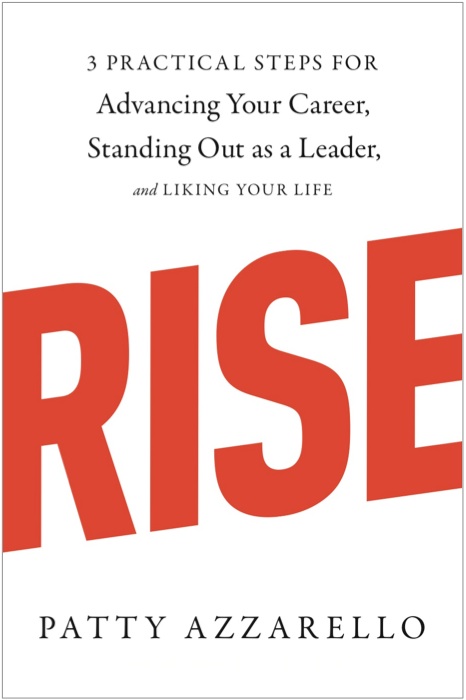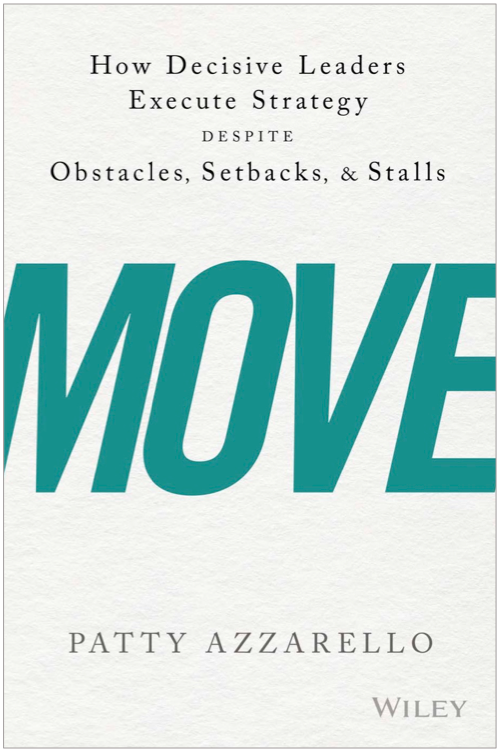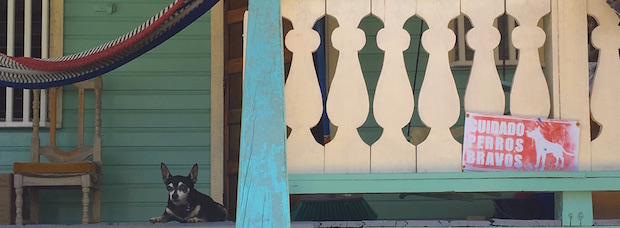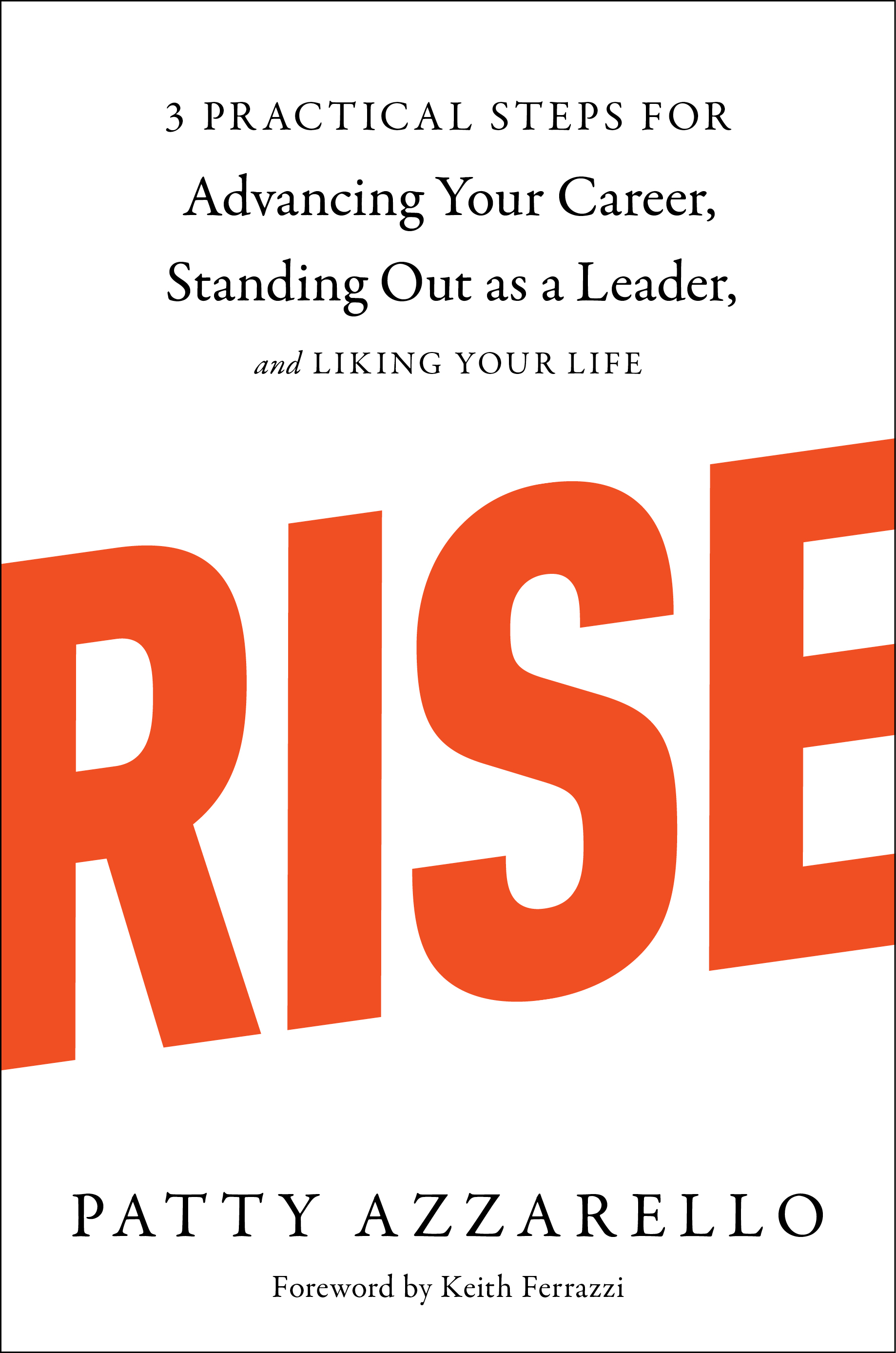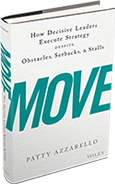I have been getting a lot of questions lately from people interviewing for jobs, and almost 100% of the time people ask for advice on dealing with this question:
“What is your biggest weakness?”
I’ll start out by saying that I hate this question… Everyone hates this question.
As various techniques, styles and technologies for hiring come and go out of fashion, this question persists like a cockroach. So here is my advice on dealing effectively with this question, and an example script to start from.
Why do people ask this question?
Interviewers ask this question for a few different reasons. They:
1. Are actually interested in getting a rounded perspective of the candidate
2. Know it’s a standard interview question so they ask it without any particular purpose or desired outcome – just checking a box
3. They want to try and trip you up by asking you an annoying question that puts you on the defense to see you you’ll react
Preparing your response
In all of these cases, from my experience interviewing personally, as well as when I interviewed other candidates, the best answers take the following form:
1. Don’t let this question throw you or put you on defense. Prepare for it
2. First re-iterate your strengths
3. Then note the areas where you do not have strengths
4. Talk about how you manage the associated risks and shortfalls
5. End on a high note
Here is an example script for how I answer this question. If follows the 5 steps above. You can use this as an example to prepare your own script.
“Patty, what is your greatest weakness?”
“So Patty, What is your greatest weakness?”
Step 1. Think: I expected this and I have an answer that I am comfortable with…I don’t need to become defensive. Keep smiling.
Step 2: “Well as we discussed, my strengths are in building teams that can execute, executing strategy, and communicating.
That involves excellent strategic and operational skills, team building, organizational development, as well as strong communication and motivation skills.”
NOTE: You need to keep this brief enough that it does not seem like an evasion. (Actually it’s important to articulate your strengths succinctly whether or not you get asked the weakness question.)
Step 3: “The areas where I lack strengths are in being a visionary technologist, and being a deep financial analytical person.”
Step 4: “The way that I over come this, is that when I build a team that can execute, I make sure to always have (or recruit) a strong technology visionary and a strong financial analyst.”
Step 5: “No one person can be good at everything, but a team can. In this manner I make up for my own weaknesses by putting people on my team who are stronger in those areas than I could ever dream of being, and I create an environment where they can truly thrive, because creating a productive work environment IS a strength of mine.”
The benefit of this approach is that you are not evading the answer, you are giving an good answer, and you are also saying something positive and action oriented.
Note to interviewers: Please stop asking this question!
If you want to learn something real and interesting about the person in non-ideal situations, don’t simply ask, “What are your weaknesses?”, ask them something more interesting about actual, challenging situations. For example:
1. Tell me about a time where you had to deal with a very difficult or unfair situation, or difficult person
2. Tell me about the most painful surprise in your career and what you learned
3. Tell me about a time when you were wrong. What did you do about it?
4. Tell me about a time when you really struggled with a work situation or project. What happened, what did you do about it?
5. Tell me about a failure in your career and how you handled it?
By the way, weak performers will be scared off by these questions and strong performers will be excited to tell you their stories.
Especially #5…
Strong performers have a mind set that failure is not personally damaging — it’s instead a great opportunity to grow.
High performers will not only NOT-avoid this question, but they’ll jump in with, “Let me tell you about a real disaster!” with a smile on their face.
Strong performers always see failure as a learning opportunity, and they’ll learn something really important that they are more than happy to talk about.
There are plenty of opportunities to make your interview more insightful and useful if you ask more insightful and useful questions than, “What is your greatest weakness?”.
What do you think?
Join the conversation about this on my facebook page.
Work with Patty
Contact Patty to talk about a virtual Keynote or a custom webinar/workshop for your organization, or to talk about her video-based Leadership Development Programs (which can all be delivered virtually) and include live coaching with Patty for your group.
Was this useful?
If you found this article useful, please help me share it with others and encourage them to subscribe to this Blog for free.
Patty Azzarello is an executive, best-selling author, speaker and CEO/Business Advisor. She became the youngest general manager at HP at the age of 33, ran a billion dollar software business at 35 and became a CEO for the first time at 38 (all without turning into a self-centered, miserable jerk)
You can find Patty at www.AzzarelloGroup.com, follow her on twitter or facebook, or read her book RISE…3 Practical Steps for Advancing Your Career, Standing Out as a Leader, AND Liking Your Life.
